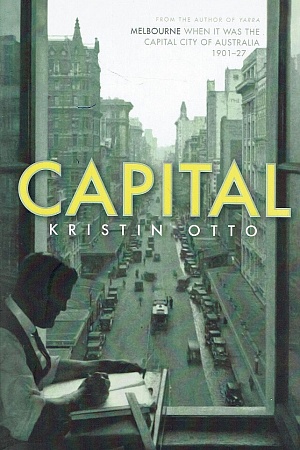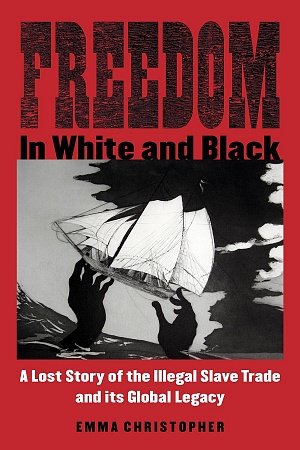Barmaids: A history of women’s work in pubs
Cambridge University Press $90 hb, $29.95 pb, 256 pp
Called to the bar
No icon better encapsulates the ethos of male culture than the pub. Sharing a beer in this bastion of male conviviality has been a defining experience in shaping Australian male identity. The pub as a cultural and social institution has attracted the attention of many historians, but none have considered the ubiquitous and yet mysteriously anonymous figure of the barmaid. Although represented in fiction and film, and up until recently, a part of the very fabric of pub culture, the barmaid remains an elusive figure in Australian history.
Diane Kirkby’s meticulously researched and visually arresting cultural history seeks to redress this absence. Barmaids takes us through the beginnings of the pub houses, which were modelled on the English, although they quickly assumed their own character and particular style. As Kirkby notes, hotel keeping was commonly associated with hospitality, so it was perceived as an appropriate occupation for women. Throughout the nineteenth century, many women ran rural pubs either in partnership with husbands, lovers, friends, or on their own as single women. Inextricably tied to colonialism, the pub also served to exclude Aborigines and service those who sought to dispossess them.
Continue reading for only $10 per month. Subscribe and gain full access to Australian Book Review. Already a subscriber? Sign in. If you need assistance, feel free to contact us.















Leave a comment
If you are an ABR subscriber, you will need to sign in to post a comment.
If you have forgotten your sign in details, or if you receive an error message when trying to submit your comment, please email your comment (and the name of the article to which it relates) to ABR Comments. We will review your comment and, subject to approval, we will post it under your name.
Please note that all comments must be approved by ABR and comply with our Terms & Conditions.